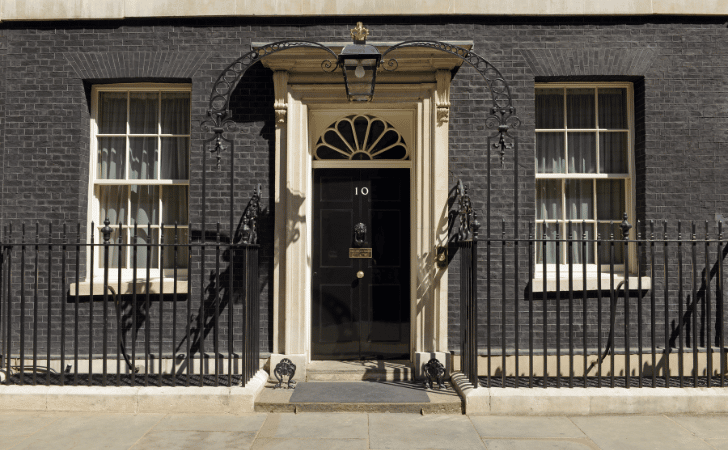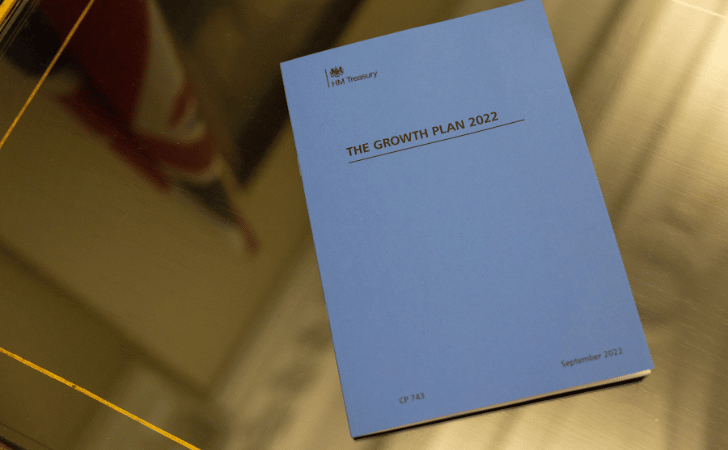Here are some of the key details announced by Chancellor Kwasi Kwarteng for the mini-budget.

£10 sign up bonus: Earn easy cash by watching videos, playing games, and entering surveys.
Get a £10 sign up bonus when you join today.
Join Swagbucks here >>
Here are details about the fiscal statement delivered on Friday, 23 September 2022.
Growth Plan 2022
The government plans to reduce peak inflation by 5%, and they want to focus on growth.
“None of this will happen overnight,” Kwasi Kwarteng.
There are three ways they want to achieve this:
Supply side of the economy
The planning system is too slow, so in the coming months, there will be a new bill to “unpick” planning systems and regulations and speed up decision-making.
A list of different sectors, including transport, energy and telecoms, where this will happen will be published.
Government land will be freed up to build new homes.
There will be new agreed sites where development can happen.
Maintain public finances and debt
People on Universal Credit will be supported to find more work hours as they are raising the Administrative Earnings Threshold.
The new threshold will mean working 15 hours a week at National Living Wage for an individual
claimant (and 24 hours a week for couples) from January 2023.
Around 120,000 people on UC will be forced to work more or will face sanctions, weekly or fortnightly meetings at the jobcentre, and reduced benefits.
Also, they are “strengthening” the Universal Credit (UC) sanctions regime.
They are setting up “clear work expectations”. This includes applying for jobs, attending interviews or increasing the hours – in return for receiving UC. People claiming who do not meet their job-search commitment, without good reason, could have their benefits reduced.
Union strike action is to be legislated, so member votes have to be taken, and only when negotiations have broken down can start strike action.
U-turn
The majority of this budget has since been scrapped following the drop in the pound and a new Chancellor.
Here are the details of the snap statement in October 2022.
Cut taxes to boost growth
There is a cut to the basic rate of income tax to 19p.
The 45% higher rate is to be abolished and replaced with a single higher rate of 40%
Duty rate increases for beer, wines and spirits have been cancelled.
Stamp duty cuts for first-time buyers to £425,000 and doubling the level at which people start paying to £250,000. These cuts are permanent.
First-time buyers can also claim tax relief on up to £625,000 of a new home.
Banker’s bonuses were capped in 2008, but they want global bankers to invest in London. They feel like the cap pushed up base salary or moved companies to Europe.
Therefore, the government is removing the cap on banker’s bonuses and hopes banks will move to the UK and pay taxes.
Business corporation tax was due to increase to 25%, but this has been scrapped and will remain at 19%.
There will be VAT-free shopping for overseas visitors.
If you fancy a longer read, here are the full details on the Growth Plan 2022.

Already announced
There is a £2,500 cap on energy bills, which the government subsidises. The current plan for £400 off energy bills is to continue.
See more: £350 of new help for millions to help with energy costs
There is also a cap for business energy, which includes schools.
This will cost around £60 billion.
On 22 September, it was announced that April’s 2022 National Insurance increase will be reversed from 6 November.
Almost 28 million people will keep an extra £330 of their money on average next year.
Due to the change, many businesses will save almost £10,000 on average next year.
- Where kids eat free this summer 2024 - 9 July 2024
- The Sun £9.50 Holiday – guide to a cheap UK break - 9 July 2024
- How to get FREE food and drinks – apps and other ideas - 9 July 2024

Leave a Reply